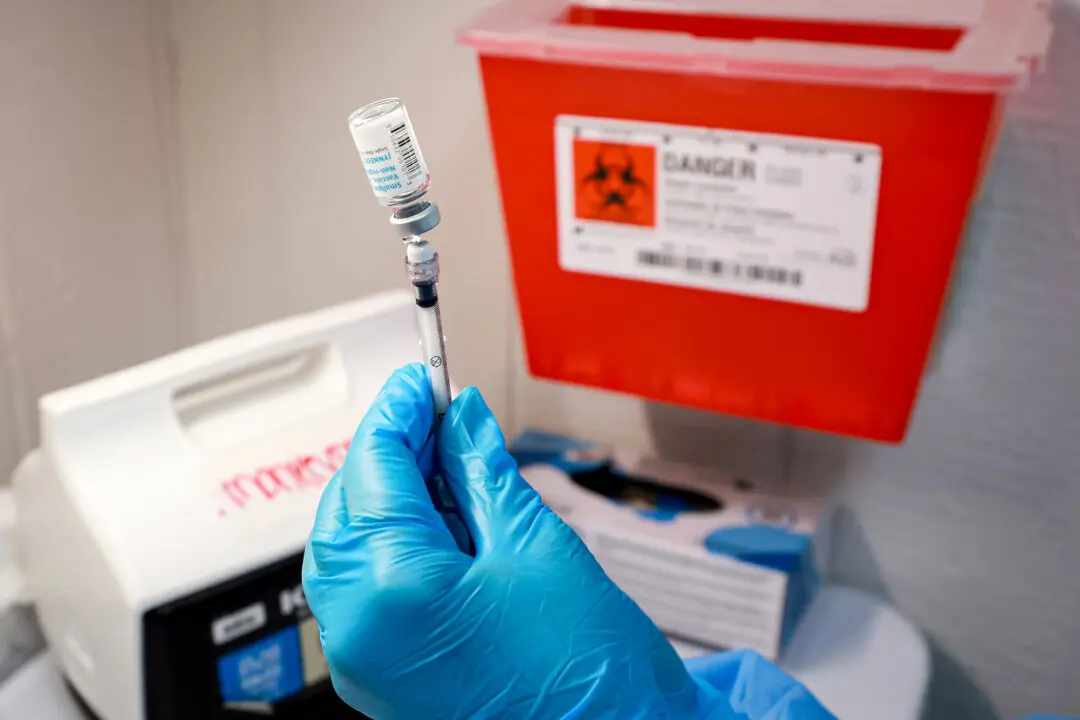Advisers to the Centers for Disease Control and Prevention are considering advising the agency to narrow use of COVID-19 vaccines.
A majority of experts in a subgroup of the Advisory Committee on Immunization Practices (ACIP), which advises the CDC on vaccines, have determined that the COVID-19 vaccines should not be universally recommended, according to a presentation Dr. Lakshmi Panagiotakopoulos of the CDC delivered to the panel on April 15.






